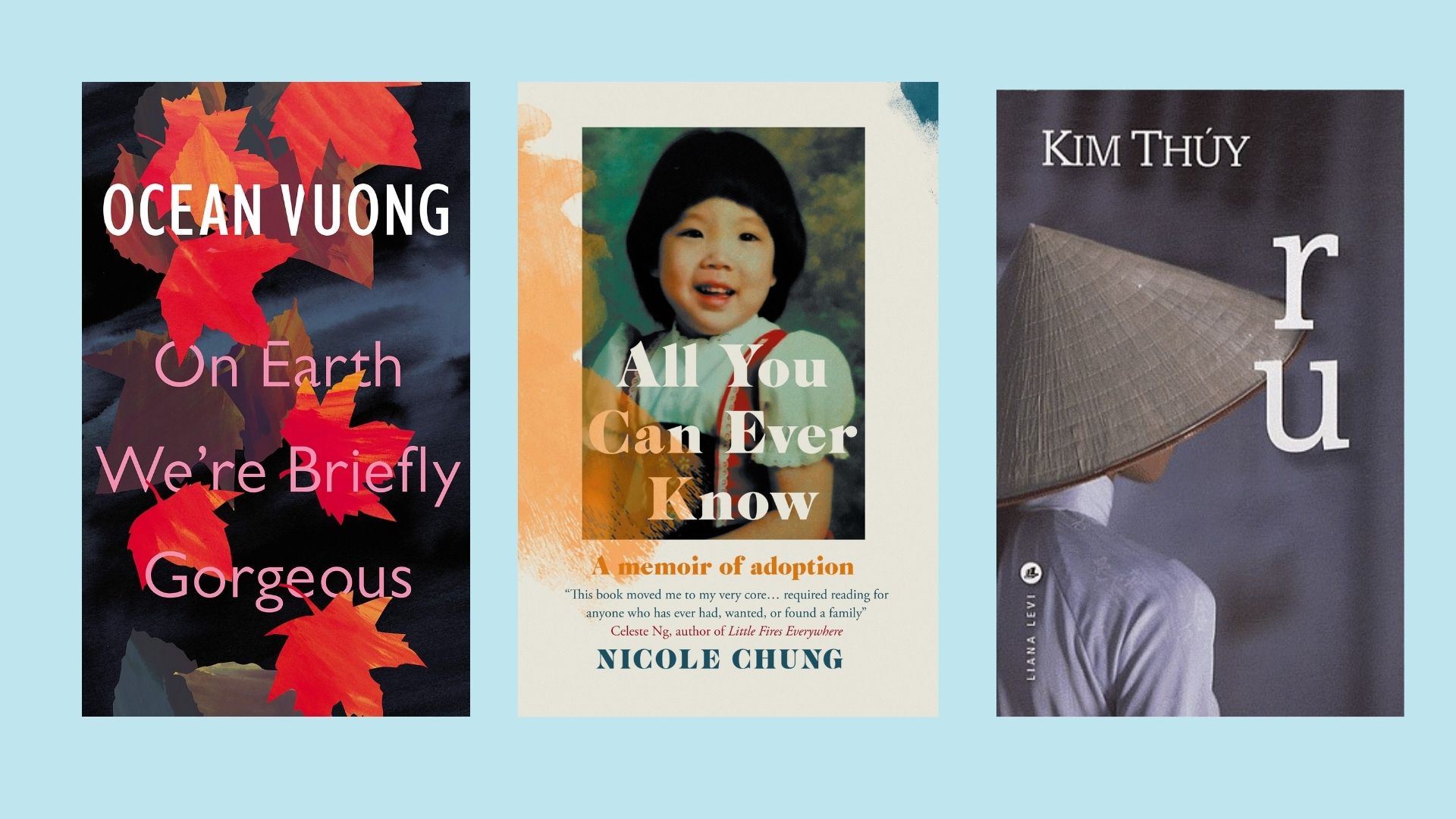One of the greenest cities in Europe has vowed to reduce its use of glyphosate to help stop the destruction of wildlife in response to the national nature recovery strategy.
The Council’s Cooperative Executive committed to constantly reviewing and reducing its use in September 2021. The Council are trialling glyphosate free areas in certain parts of the city, with trials beginning this year.
Glyphosate is a weed killer which is used to destroy both broadleaf plants and grasses. It is used across agriculture and forestry; with people using it on their lawns and gardens. It is also currently used to tidy up the weeds on the highway and green spaces; including parks.
According to WedMD, some poeple who have intentionally ingested glyphosate have died, and some studies have even linked the weedkiller to cancer and liver and kidney damage.
Dr Ross Cameron, a Senior Lecturer in the Department of Landscape Architecture said: “I think it [stopping the use of glyphosate] sends a signal that we need to be more relaxed about our relationship with nature and it’s not all about control. In our discipline of Landscape Architecture 200, 300 years ago was all about humans and dominating nature- that has changed. We want to work with nature. So I think it could be a step along that way but it’s a change of mindset, and that’s equally important.
“The biology will after itself, it’ll come back, if people can see that as a positive thing and welcome it, then that’s great. But you will get some resistance as it’s seen as a cost-cutting exercise and the council not doing their bit.”

Glyphosate is sprayed onto undesirable broadleaf species to kill them, in order to ‘tidy up’ an area.
Whilst the weed killer is approved for use in the UK until 2025, Sheffield City Council is investing its time and resources into looking into natural, non-chemical pesticides. Some examples include the use of ‘sweepers’ which remove debris and the use of mechanical ‘weed rippers’, a unique tool is designed to pull aquatic weeds by the roots so they cannot grow back as quickly.
Other methods, such as not treating weeds at all, have also been explored, as they would increase Sheffield’s biodiversity.
Cllr Alison Teal, Executive Member for Sustainable Neighbourhoods, Wellbeing, Parks and Leisure said: “Stopping the use of a herbicide which is also harmful to insects, birds and humans is an important part of our response to the biodiversity emergency. Sheffield will start to look different, there will be a greater abundance of long grass and hopefully, wildflowers, for example, which will, in turn, provide more nutrients for insects, which will support an increasing bird population, we hope.
“The decline of insect and bird life has serious consequences for us all, fewer pollinators mean smaller harvests. Sheffield is playing its part to reverse worrying trends and actively contributing to wider nature recovery strategies.”
This news brings exciting new opportunity to Sheffield’s landscape and biodiversity.




